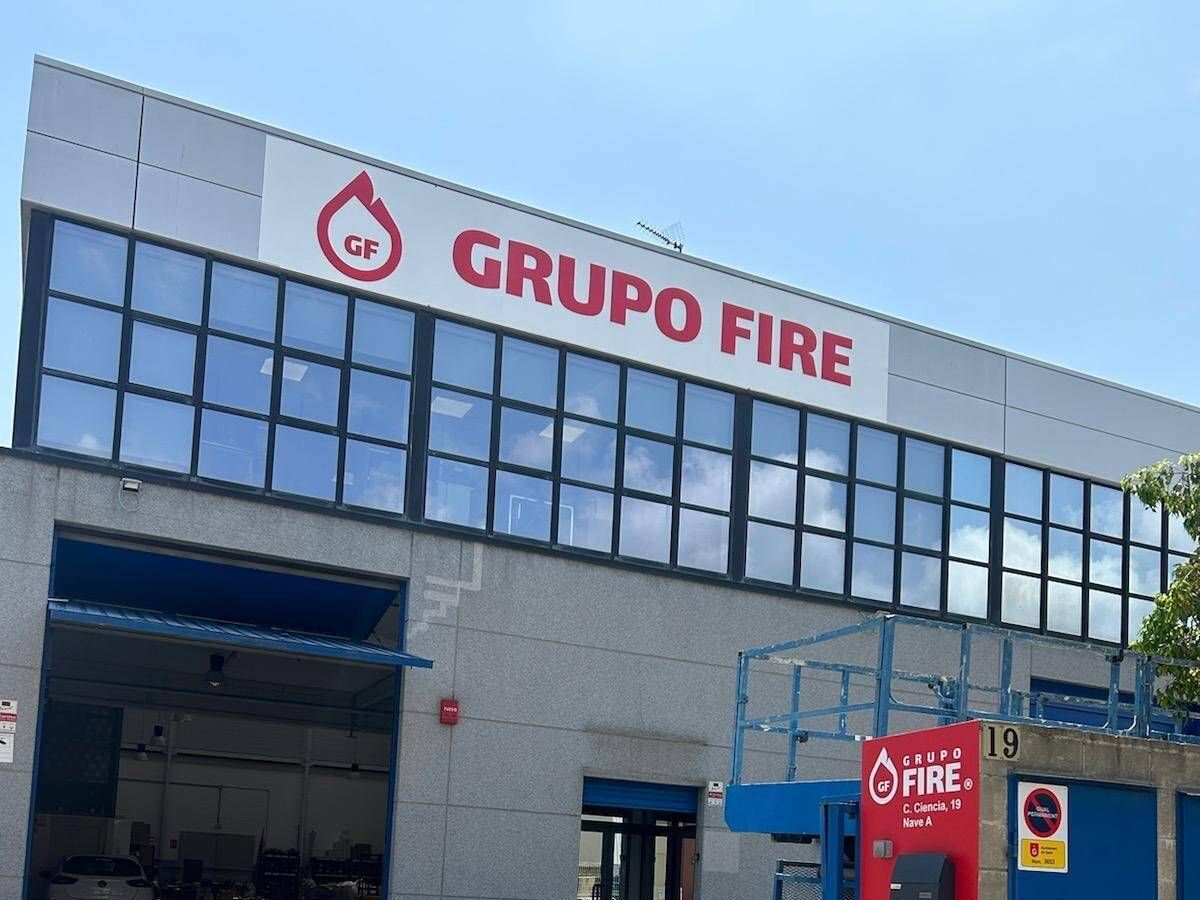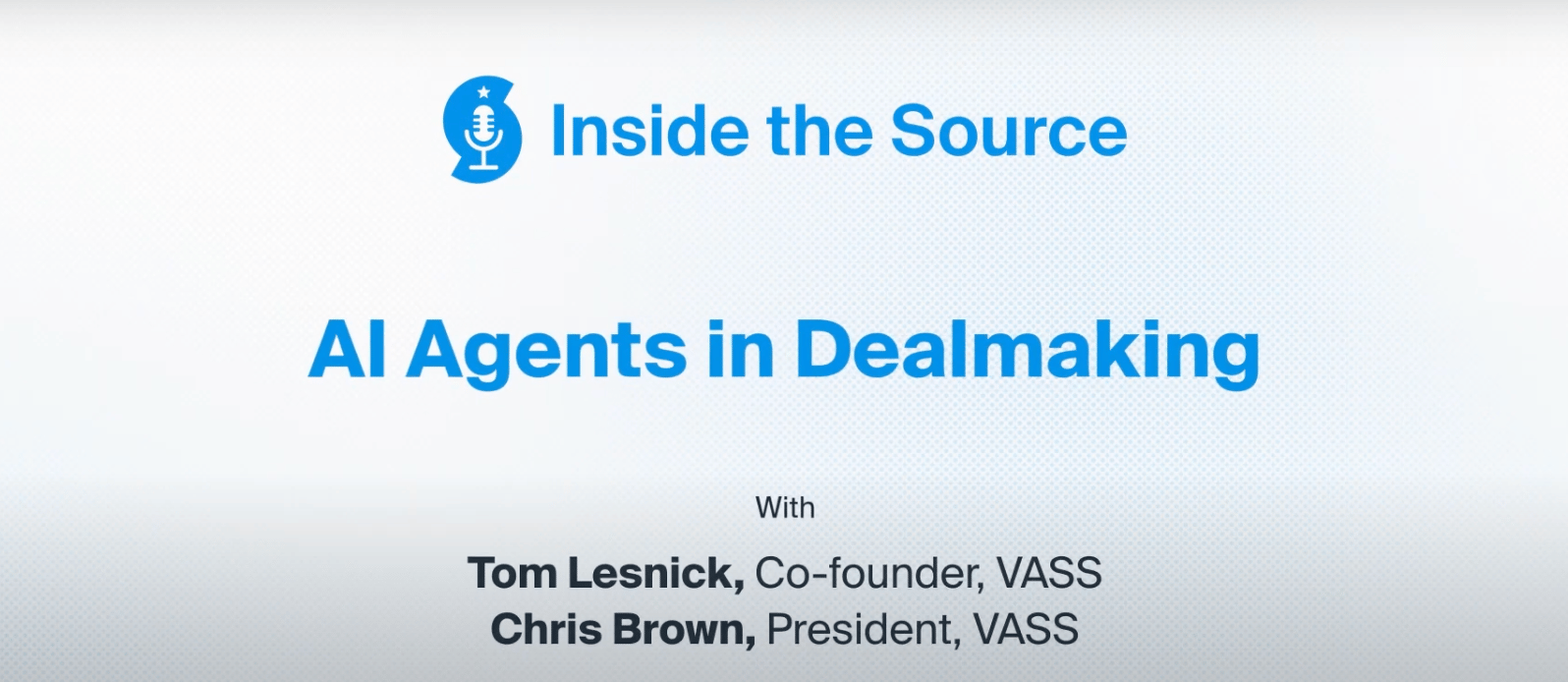- RollUpEurope
- Posts
- The Rollup of Tomorrow Vol. 3: Iberian Ventures - building the “Shore Capital of Spain”
The Rollup of Tomorrow Vol. 3: Iberian Ventures - building the “Shore Capital of Spain”
3 ex-consultants set out to consolidate fragmented business services verticals. 24 acquisitions later, what have they learnt?

Disclaimer: Unless noted otherwise, views and analysis expressed here are the author's own and based on public sources. The article is intended for informational and entertainment purposes only. This is not financial advice. Please consult a professional for investment decisions.
*********************
On Episode 3 of the Rollup of Tomorrow I sat down with Luis Reyes, the founder of Iberian Ventures, or IBV.
IBV is a builder of business services roll-ups focused on Spain. Luis truly is a Swiss Army Knife type of person, with stints in Big Tech, startups, consulting, and more recently Private Equity.
I am not at all surprised that Luis - who grew up in Mexico - has gone all-in on Spanish SMBs. After all, Spain has the largest number of search funds outside of North America (source). But it does feel that IBV’s setup is more conducive to long term value creation than those of copycat search funds inspired by the success of Ariol, which we wrote about here.

Luis Reyes (left) together with IBV co-founders Alejandro Zala and Álvaro Guitard
In the interview, Luis talked about:
His career path
What drew Luis to business services rollups in Spain
How Grupo Fire grew from 0 to €30M+ in revenues
IBV’s post-acquisition integration playbook
The longer term vision for IBV
If you'd like to meet Luis in person, grab your ticket to our “AI in Rollups” event on 10 September in London. Hurry: tickets are selling out fast!
The Rollup of Tomorrow series is sponsored by Sourcescrub: the No.1 deal sourcing tool for serial acquirers.
Watch Now: Equipping AI Agents
If you have a lot of data within your organization, and you believe that data holds the answer to valuable questions, you have a duty to apply artificial intelligence to the problem
In our latest Inside the Source conversation, Chris Brown, President of VASS/Intelygenz and Tom Lesnick, Co-founder of Copilot/VASS, explore practical applications, overlooked strategies, and emerging opportunities in agentic AI. They go beyond basic automation and generic outreach, highlighting how AI is transforming portfolio management and data analytics in the future of dealmaking.
If you'd rather listen to the audio version of the Luis interview, check out our Rollup Stories podcast on Spotify!
Alex: Luis, let's kick off by talking about your bio: your journey from Mexico to Spain, and from consultant to a rollup founder.
Luis: I grew up in a modest family of small business owners. I was the first in the family to go to college. I studied computer science. I love programming, and due to being obsessed with the studies I graduated early. At 20 I founded my first startup, diving straight into the startup craze of the late 2000s. Over 4 years, I tried everything: coding, selling. We grew to a decent size for Mexico.
Eventually, I sold my participation to my partner. Although this was a small exit, it took me through the whole process. After that, I wanted to learn how to do things properly. So I went to work at Google, mainly in sales and business development in San Francisco. Then I moved to Riot Games (which is now part of Tencent) in LA, building infrastructure all over LatAm. Since I wanted to learn more about business, I transitioned into management consulting, spending more than 7 years at McKinsey in the US. I was mainly working in post merger integration and value creation.
And, while I loved the work, the clients, the teams, I really wanted to go back to entrepreneurship. So when Bain called me to come to Spain, I told myself, one final stint in consulting before I go back to my roots. It’s 2019, I landed in Spain. From the get-go I can see the mega-mergers of the kind we worked on in the US were uncommon here. At the same time, most Private Equity firms were focused on the upper middle layer of the market.
At the same time, you have an economy that’s 65% small businesses. There are a bunch of extremely fragmented services industries that, in the US, you would see consolidated. The opportunity was too good to miss, so with a few friends from Bain, we started what is now known as Iberian Ventures, or IBV.
Alex: These days, a lot of people talk about creating the “Shore Capital of Europe”. Iberian Ventures has already built a sizable platform. It's called Grupo Fire: a roll up of active fire protection businesses in Spain. You talked about it at our February event. Tell me, why fire protection in the first place? And what kind of business have you acquired into that platform?

Grupo Fire’s M&A processes run like a clockwork
Luis: We love business services because in Spain, these are very fragmented industries. On the one hand, there is the stability that comes from recurring revenue and from regulation. On the other hand, these companies are not professionalised. It is not just about the management. We can add value by improving the way routes are designed, the way technicians do the day-to-day work. There is no need to reinvent the wheel. This has been done before. In the US, in the UK, in the Nordics.
We have looked at landscaping, HVAC, fire. What drew us to fire protection? There was a unique moment in the market when Private Equity was totally absent. That means no competition for deals. We moved quickly, buying our first business in 2022. It was a small one: €1.5M in revenue and sub €500K in EBITDA.
From there we started building up the platform. So far, we bought 24 businesses with a combined €30M in revenue. The hard part comes from finding good businesses. There are 1000s of fire protection services in Spain, but many of them have high-churn customers like construction companies.

Grupo Fire facilities
The next challenge arises when you integrate the businesses. We are not a HoldCo!
Alex: This is a great segue to talk about the specifics of the acquisition and the integration process. Can you explain your value creation playbook using the central functions and within the companies themselves? What are the things that you change in the first 100 days?
Luis: Our non-negotiable #1 is the integration of the customer bases in the ERP. This is about having more customers in the same geographic area. That way, you can optimize routes and the technicians’ workload. Migrating ERPs is pretty painful, especially local Spanish systems - custom built software or even Excel-based databases.
But that's not the hard part. The hard part is that you are bringing together technicians from different companies that have operated in different ways for, say, 20 years. There is a lot of change management, forging the common culture. You have to be on the ground to make that happen.
Once again, Step #1: integrate the customers and integrate the technicians.
The outcome is a major optimization of the technician’s work - on the front-end. On the back-end, you must remain very lean as you grow, otherwise you end up with lots of duplicated roles. As you keep acquiring businesses, the natural inclination is to just let each company keep its back office that “knows the processes”. Sure you can do that, and you will end with 100s of people doing invoicing and revenue management and calling people and calling clients. This is not how IBV works. We want excellence centers. We want to replace manual and tedious processes
Take invoicing for example. We have developed a technology that understands emails, WhatsApp, and calls. The agent searches for the right invoices across different systems, puts it on an email and sends it to the customer.
Alex: What is the longer-term vision for IBV? A Swedish-style permanent owner, a “rollup farm” , or something else? And can you give us a sneak peek into the next couple of platforms you are going to launch? Are you going to go the way of Empower Technical Services (which we interviewed a couple of weeks ago), where they're building services around large customers? Or are you going to keep building thematic platforms?
Luis: Right now, we have a commitment from investors that have put their trust in us and their money in Grupo Fire. If we produce good returns, we will earn the right to do this again. It might be next year, it might be in 2 years. We want to make sure that Fire is in a good place.
In Spain, we are not aware of Private Equity investors focused on rollups at scale. For us, the ideal is to have a few teams doing specialized business services. We're going to look at traditional sectors but also other business services - more intensive in people - and use the technology tools we develop in collections, debt management, and other more back-office intensive industries.
And yes, in the future we would like to have a dedicated fund. A HoldCo-type business excites me personally, but at the moment in Spain, it's already hard to raise a fund for the strategy we're doing. This may change in the future.
Alex: What are the things you need from the audience? Deal flow? Talent? Advisors?
Luis: We’d like to see what other people are doing, replicate it in our business, and if we can provide some value for others. If somebody listens to this and believes that we can be of help, that’s what it’s about.
We don’t have immediate peers in Spain. So we look for and try to connect with peers all over. And obviously, if somebody finds this exciting and wants to work for us, we’re always looking for bright people that want to build the best business services companies in Spain and in Europe.
Alex: Okay guys, listen up. Luis is a pretty approachable guy. So if you're building a business services rollup anywhere in Europe - or anywhere in the world - or if you invest in one, do reach out to him. He tends to be pretty quick at responding to your emails.
Luis: Thank you, Alex!


